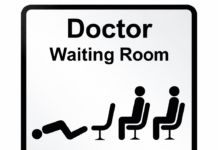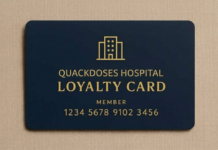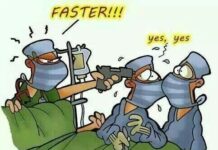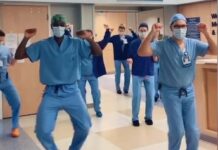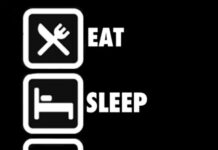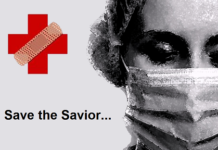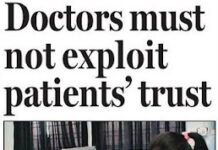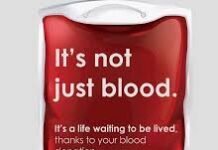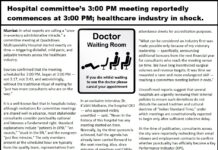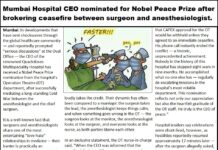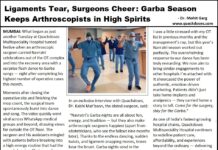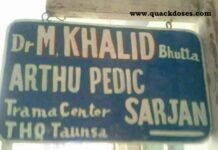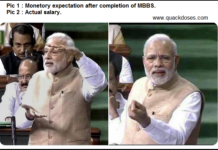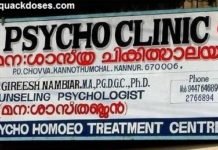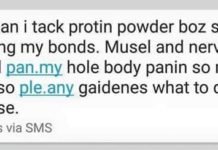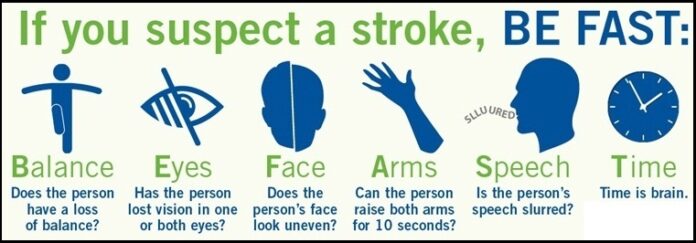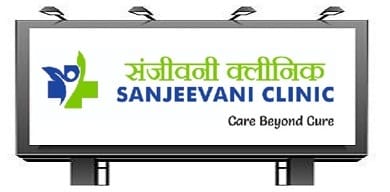Did you know that every 3.3 minutes someone dies of stroke, or that stroke is the third leading cause of death and adult disability worldwide!
In India, 1 person suffers from stroke every minute, and that 1 in 4 people will develop a stroke.
The word Stroke (Paralysis or lakva) is derived from the word ‘Strike’ – an analogue to the sudden, severe attack with which it affects the patient and changes their mortality and morbidity completely, if not treated in time.
It is caused by the interruption of the blood supply to the brain, usually because a blood vessel bursts (hemorrhagic) or is blocked by a clot (Ischaemic). This cuts off the supply of oxygen and nutrients to the brain, causing damage to the brain tissue. Ischaemic strokes account for approximately 85% of all strokes whereas 15 % are hemorrhagic strokes.
Treatment of Acute Ischaemic stroke and its outcome is time dependent. Every second a person has stroke symptoms, brain cells die. As seconds tick away, permanent cognitive (mental process involved in knowing, learning, and understanding things) and physical abilities are lost, and the risk of death looms. A stroke can have a profound effect on patients, their spouses and other family members.
Rapid injection of recombinant tissue-type plasminogen activator (r-tPA – a thrombolytic / clot dissolving injection) in blood is the early treatment. It should be administered within 3 – 4.5 hours of onset of above mentioned symptoms. International guidelines recommend a ‘door-to-needle time’ of 60 minutes or less (the time from entry of patient in emergency to administration of drug).
Lack of knowledge about stroke among the general public delays the initiation of immediate management of stroke. Delay in arrival of patient to the hospital, delayed consent by relatives for thrombolysis and unavailability of emergency ambulance services (especially in rural India) are the major reasons of treatment delay. The proportion of stroke patients reaching hospital within 3 hours in India is only 15%. Less than 20% of the general physicians are aware that r-tPA should be administered within the first 3 to 4.5 hours of stroke onset.
New drugs, advanced surgical techniques and interventional neuro-radiology procedures are among the effective new medical options available for stroke patients. These therapies have the potential to reverse the effects of stroke, significantly reduce permanent disability from stroke and lead to an optimal recovery, if administered within the first few hours after the onset of stroke symptoms.
On recognizing symptoms of stroke, patients should be rushed to any nearby hospital equipped to provide care for stroke management – 24/7, with a stroke team, 24 hour MRI / CT imaging facility, a laboratory and a Cathlab. A Stroke Team is a highly specialized, multidisciplinary team working round-the-clock to combat stroke emergencies. It includes the Emergency Physicians, Neurologists, Neurosurgeons, Neuro-Intervention radiologists, Intensivists, Rehabilitation specialists and the nursing team.
Unfortunately, in India, most patients present to the Emergency Departments beyond the 3 – 4.5 hour guideline from symptom onset, thereby missing the important brain and life-saving treatment.
Stroke is a life-changing event that affects not only the person who may be disabled, but their family and caregivers. This year, stroke will affect 4 out of 5 families in India – don’t let yours be one of them.


